

Movie: cloud 1

cloud 1
HomePage
Overview
Release Date
2024-04-20
Average
0
Rating:
0.0 startsTagline
Genres
Languages:
No LanguageKeywords
Similar Movies
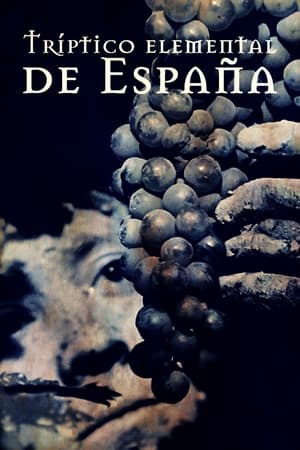 8.0
8.0Tríptico elemental de España(es)
The Spanish experimental filmmaker José Val de Omar turns three of his short films into a unitary work, full of meaning: Acariño Galaico; Fuego en Castilla; and Aguaespejo Granadino; creating a total journey through the world of the senses.
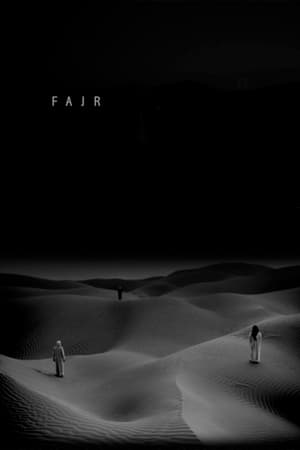 7.0
7.0Fajr(ar)
In the Moroccan desert night dilutes forms and silence slides through sand. Dawn starts then to draw silhouettes of dunes while motionless figures punctuate landscape. From night´s abstraction, light returns its dimension to space and their volume to bodies. Stillness concentrates gaze and duration densify it. The adhan -muslim call to pray- sounds and immobility, that was condensing, begins to irradiate. And now the bodies are those which dissolves into the desert.
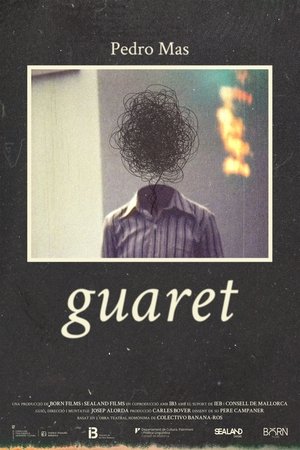 0.0
0.0Guaret(ca)
Pedro is Mallorcan, born to a mother from Burgos and a father from Mallorca. Due to his distant relationship with his father, Pedro doesn't fully master Mallorcan as a language. He turns to the works of Damià Huguet to remember his father, as only his poems can fill the void left by his death. The poet's words transport Pedro to his childhood and his roots, even though many of the words are unknown to him, despite them belonging to his language. This becomes the driving force behind the protagonist's search for his own identity, his origins, what it means to be a man, father-son relationships, collective identity, and "mallorquinness". Pedro constantly questions the emotions stirred by Huguet's poetry, and, most importantly, who he is and where he belongs.
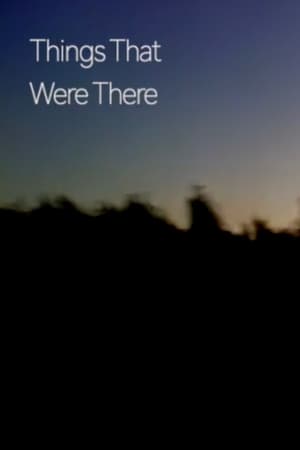 0.0
0.0Things That Were There(en)
Experimental video art compiled from video taken on an LG Env3 flip phone circa 2009-2010
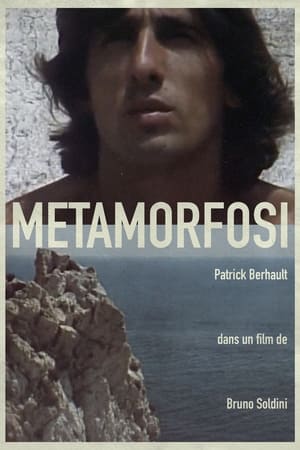 10.0
10.0Metamorfosi(it)
Metamorfosi is a veritable dance ballet on the rocks, performed by a great climber, Patrick Berhault, set on the picturesque French Riviera and the Lingurian coast. Berhault's movements, in the sea, in caves, on rocks and precipices, are extremely difficult but are above all executed to give the movement an aesthetic value. Matemorfosi is the story of a cycle without words, told with gestures and music. Climber Monica Dalmasso also participates in the film.
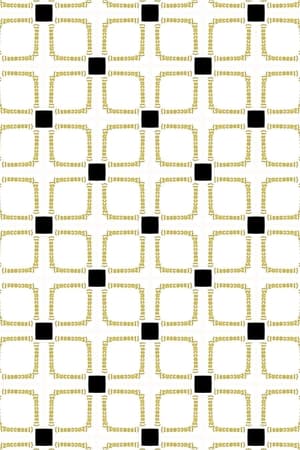 0.0
0.0Several Successful Situations; Simultaneous & Successive(en)
I enjoy religion, I appreciate belief systems and how they offer structure to people's lives. I also appreciate how spirituality manifests itself in Asian cultures as this almost earthbound presence guiding people through every day life and when they need an extra bit of help they need only ask whichever deity holds dominion over their desire. Here is an experimental film I made with videos from my iPhone. Shot across Taiwan and South Korea. An experimental film I made with videos from my iPhone. Shot across Taiwan and Korea. My aim was to explore success in how it pertains to every day life, the satisfaction of small moments, spirituality, superstition, and daily rituals.
 0.0
0.0The Grass Dwellers(es)
Juan Méndez Bernal leaves his house on the 9th of april of 1936 to fight in the imminent Spanish Civil War. 83 years later, his body is still one of the Grass Dwellers. The only thing that he leaves from those years on the front is a collection of 28 letters in his own writing.
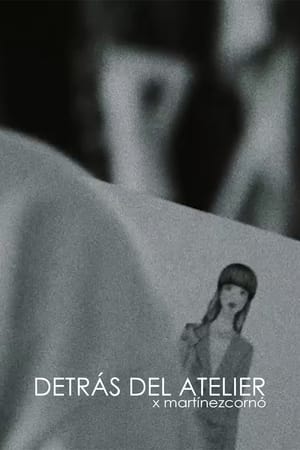 0.0
0.0Detrás del Atelier(en)
Experimental documentary that dives inside the creative process of three great Panamanian fashion designers: Andrea Sousa Pitti, Verónica Ángel and Tony Vergara.
 0.0
0.0Todos tienen algo Desierto(es)
Documentary-essay short film about a inner/outter trip to the flowery desert in the north of Chile. A student film by Gabriel Lizama AKA Liz Taylor.
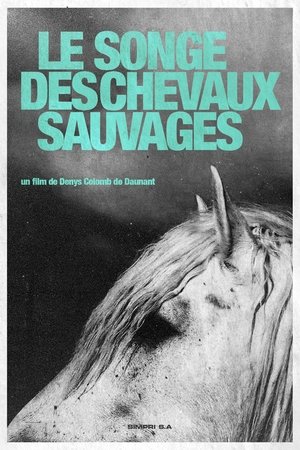 8.0
8.0Dream of the Wild Horses(fr)
The horses in Denys Colomb Daunant’s dream poem are the white beasts of the marshlands of the Camargue in South West France. Daunant was haunted by these creatures. His obsession was first visualized when he wrote the autobiographical script for Albert Lamorisse’s award-winning 1953 film White Mane. In this short the beauty of the horses is captured with a variety of film techniques and by Jacques Lasry’s beautiful electronic score.
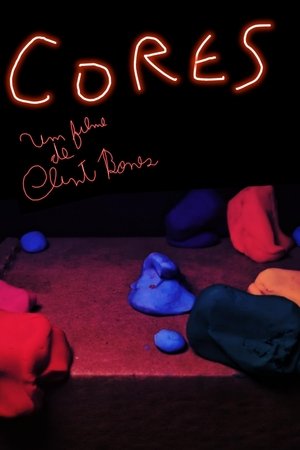 0.0
0.0Colours(xx)
Cores (Colours) is an experimental and independent animation by Clint Bones. Using Stop-Motion Animation, this film is about Palestine and their long combat with Israel. All that following a 60´s Psychedelia inspired visual.
 7.2
7.2Ferrum(sv)
Unconventional portrayal of mining in the Swedish Lapland ore fields, a powerful image and sound symphony that can be experienced both as a documentary and symbolic work.
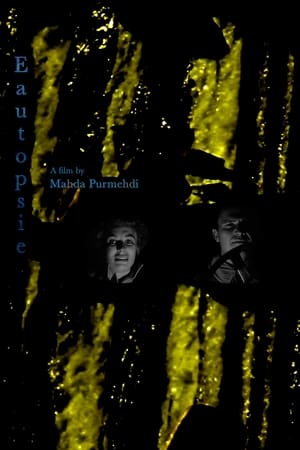 0.0
0.0Eautopsie(en)
An enigmatic glimpse of life through precarious vignettes, propelling a narrative through a nebulous and opaque structure that sutures the filmmaker's home movie footage to archival material—from Hollywood narrative films to political selfie videos. A handmade impression of a time suspended between past and present and the ghosts and places occupying it, contemplating the nature and meaning of vision, memory and image making.
 0.0
0.0Bounded Intimacy(en)
Bounded Intimacy (part of the trilogy of Super 8mm shorts It’s Just Business, Baby) examines the histories of various forms of body labor across the Chelsea and Tribeca districts, renowned as a sites for sex work, sex clubs and illicit sexual activity. Bounded Intimacy explores the seduction of a nameless woman and the camera. The relationship between the two remains unknown and ambivalent as to whether or not the encounter is “authentic.” The nature of their relationship is irrelevant as the camera captures the authenticity of the desire in the encounter between the two. (Ayanna Dozier)
 0.0
0.0Torre 1(xx)
The port of a Mediterranean coastal city, which had once been the symbol of prosperity and the epicenter of life in the region, is now only the reflection of a decaying present. Static and empty shots reveal glimpses of a brilliant past, only interrupted by the intermittent sound of the construction of a residential apartment building that stands menacingly a few meters from the dock, presaging an even darker future.
Clouds(en)
Clouds 1969 by the British filmmaker Peter Gidal is a film comprised of ten minutes of looped footage of the sky, shot with a handheld camera using a zoom to achieve close-up images. Aside from the amorphous shapes of the clouds, the only forms to appear in the film are an aeroplane flying overhead and the side of a building, and these only as fleeting glimpses. The formless image of the sky and the repetition of the footage on a loop prevent any clear narrative development within the film. The minimal soundtrack consists of a sustained oscillating sine wave, consistently audible throughout the film without progression or climax. The work is shown as a projection and was not produced in an edition. The subject of the film can be said to be the material qualities of film itself: the grain, the light, the shadow and inconsistencies in the print.
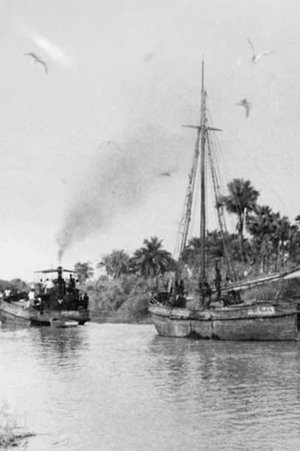 0.0
0.0Time to Change(pt)
Angolan director and screenwriter Pocas Pascoal reminds us that it’s time for a change, proposing through this film a look at colonialism, capitalism, and their impact on global biodiversity. We observe that the destruction of the ecosystem goes back a long way and is already underway through land exploitation, big game hunting, and the exploitation of man by man.


